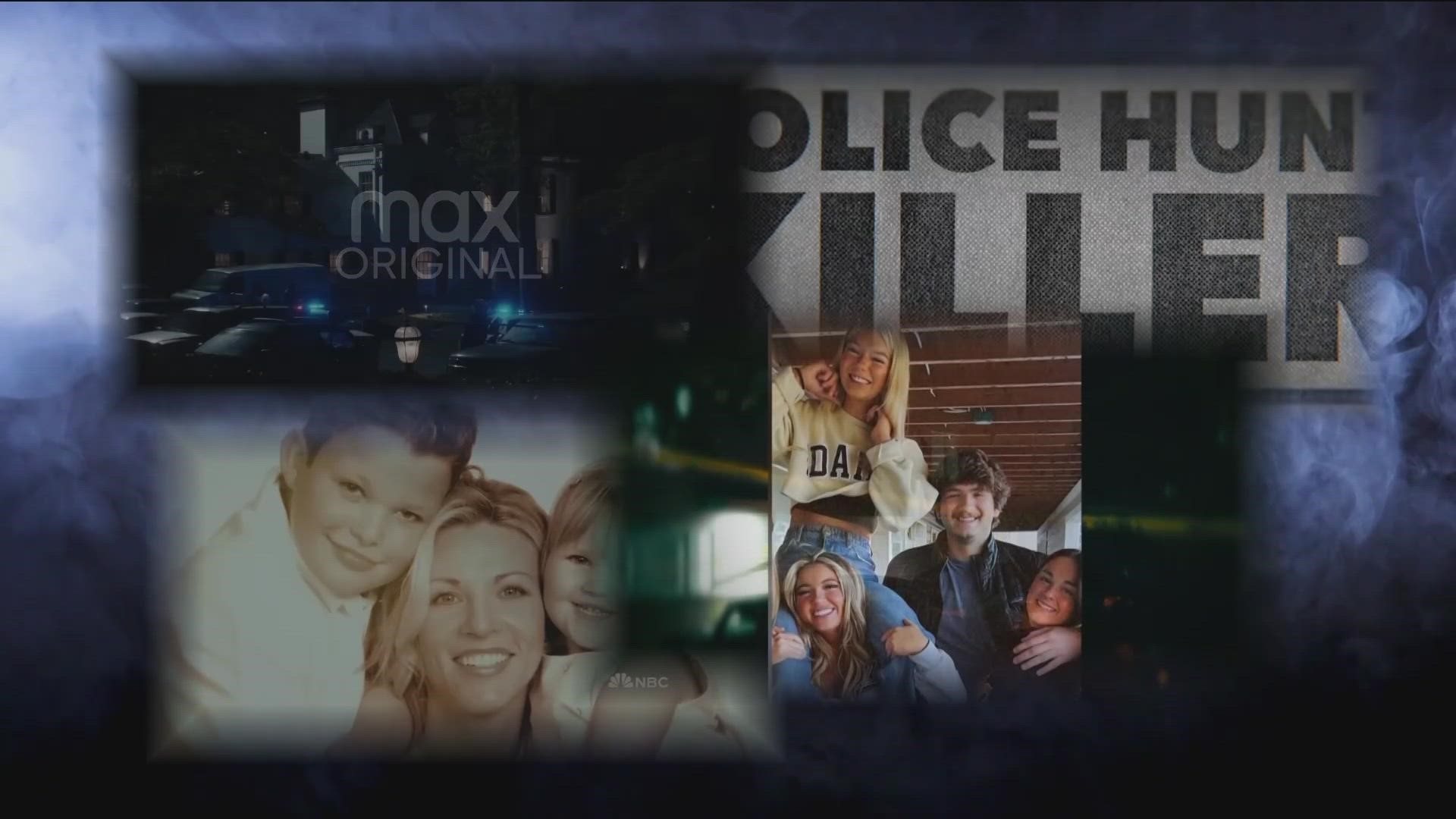IDAHO, USA — The true crime obsession has skyrocketed demand for documentaries, podcasts and stories. It's swept across social media in a blanket of curiosity. It's changed the way people think -- and respond -- to crimes in the news.
In November of 2022, the internet exploded with the news of four University of Idaho students -- Kaylee Goncalves, Madison Mogen, Xana Kernodle and Ethan Chapin -- who were stabbed to death in a home in Moscow. Theories ran rampant on Twitter, YouTube, Facebook and TikTok, even prompting the Moscow Police Department to tell the public to stop spreading rumors and only listen to direct information coming straight from law enforcement.
True crime sleuths even walked around the town of Moscow filming themselves and also found their way into the hearing of the man later charged with the murders, 28-year-old Bryan Kohberger.
People tend to put on their "Sherlock Holmes" caps and make sense of a crime, Dr. John Mathias said. Dr. Mathias is a forensic psychologist and host of Hidden True Crime, a podcast he shares with his wife, Lauren Mathias -- who is a journalist and former reporter.
Better known as the "Sherlock Holmes Theory," it says that people can use inductive reasoning rather than deductive reasoning to find the truth in a situation -- more specifically, drawing accurate references from certain observations.
The Mathias couple began recording what they said were "dinner table conversations" about the Lori Vallow and Chad Daybell case, a couple out of Idaho that is accused of conspiring and then murdering Vallow's two children and Daybell's previous wife, Lauren Mathias told KTVB.
A boom of followers occurred once they began discussing true crime. The couple has more than 51,000 subscribers on YouTube and 200,000 monthly podcast listeners.

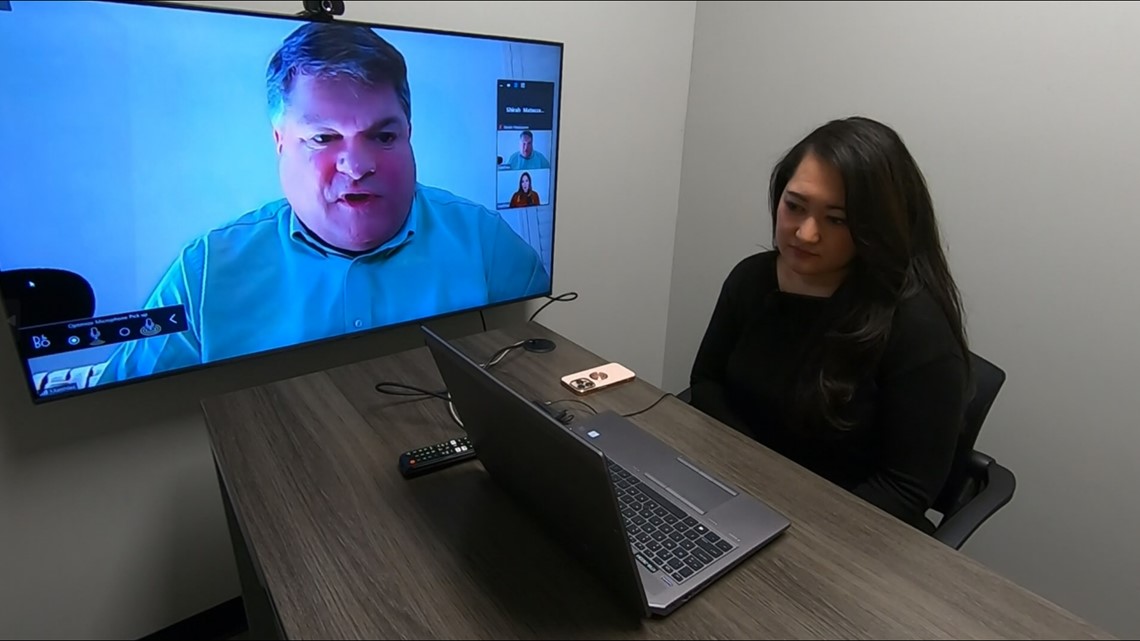

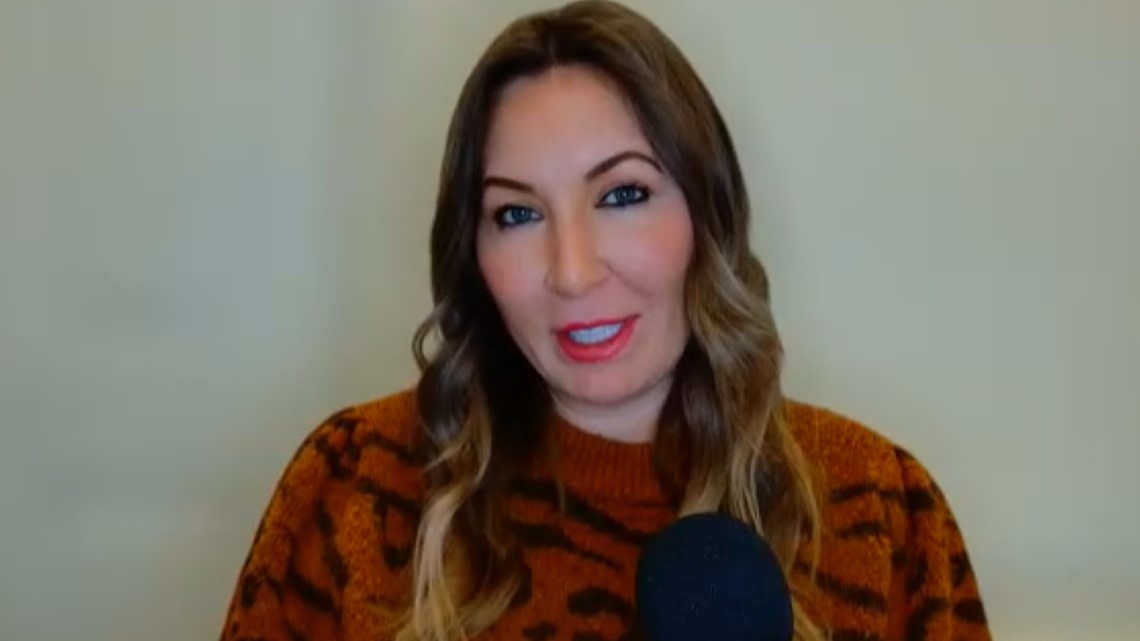
Skye Borgman directs and produces documentary films, but most recently, she directed "Sins of Our Mother" -- the Netflix documentary about Lori Vallow and the lead-up to her and Daybell's arrest.
"It's just so confounding that a mother could potentially have murdered her two children could have disappeared with them could have gone on to this very sort of fringe element of religion. It's so hard to understand," Borgman said. "I think that probably plays into everybody else who watches them."
John Mathias says that when a confusing crime occurs, the world is "up-ended."
"Sometimes I say that a better understanding of crime is a better understanding of ourselves," John Mathias said.
What explains the fascination?
Dr. Craig Beaver, a clinical psychologist and neuropsychologist in Boise, says humans have a strong, innate need to be a "really good observer."
"Part of our survival is, if we think we can predict when and if bad things would happen we can engage in behavior that would give us better survival. Then you add this to true crime, there's a little bit of excitement... seeing something kind of intriguing," Beaver said.
The fascination is nothing new, however. Beaver said even going back to the 1800's, people were hooked on the newspapers of the time reporting on serial killings.
In 1888 in London, women began turning up dead and mutilated in the streets. Police investigated over 300 people, and a media frenzy ensued -- leaving a still-unsolved, unnamed killer to fascinate people for more than a hundred years. He was dubbed "Jack the Ripper." Modern authors have written books on the killings and even speculated who the suspect's true identity was.
"Perhaps the murders’ most significant impact is the effect they had on press coverage of crime. Murders and lesser misdeeds had always been part of the Victorian newspapers, but the Ripper killings transformed London’s newspapers. Constant updates on the progress of the case, wild speculation about the culprit and angry denunciations of the living conditions of Whitechapel residents were common," wrote Tom Matthews, of the Jack the Ripper newspaper collection.

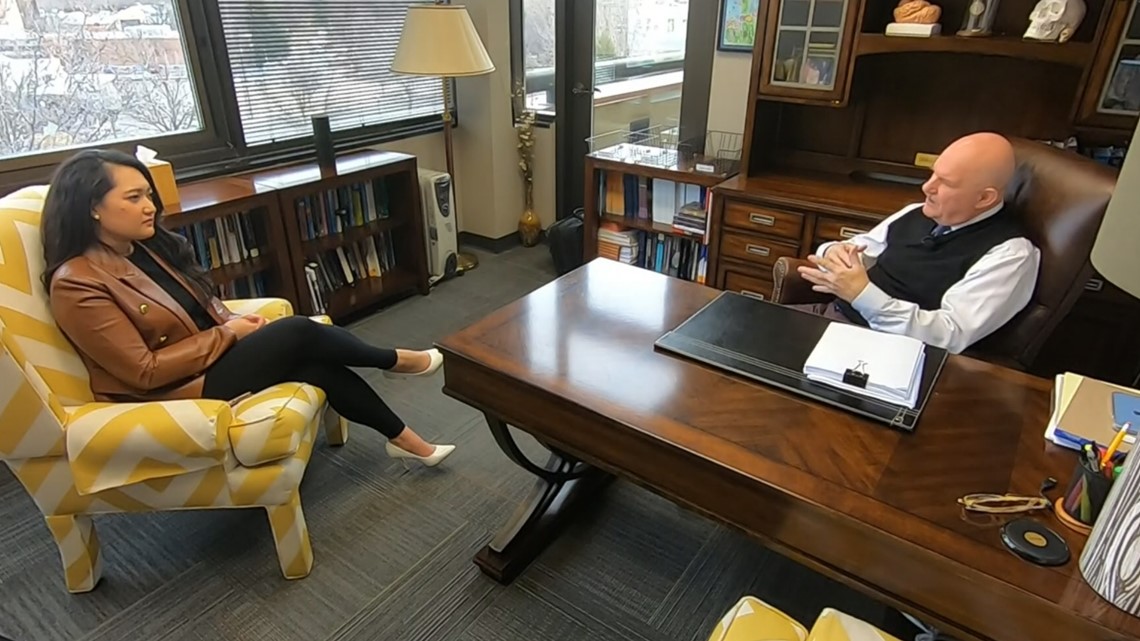
John Mathias said people could even argue that Edgar Allen Poe, an American writer and poet, was writing some version of true crime in the early 1800's.
"People got hooked" back then, Beaver said -- just like they do in current times.
True crime can hurt
Fast forward to July 27, 2021. Michael Vaughan, a 5-year-old boy goes missing from his neighborhood in small-town Fruitland, Idaho. Police later announced four people they believe to have been involved in his disappearance, later charging one woman with the failure to report his death. He still remains missing. However, the case has reached people all over the world -- even in the United Kingdom and New Zealand.
Brooke Curtiss, an admin of the "Michael Vaughan Fruitland Missing Child Search" Facebook page, says she started the page to support the family and provide a place where just facts about the case are posted -- no conjecture, no theories and free of speculation from so-called internet sleuths.
"Some people truly are interested in what's going on, what's happening. They
want to know the details, they want to help in some way, shape or form. I think there's another side of it -- some people just really enjoy the drama that goes along with cases," Curtiss said. Sleuths may be able to detect things that go unnoticed, but in other ways, they can be hurtful.
"They're searching through Google and whatever else, and they're trying to make two points meet that don't actually meet," Curtiss told KTVB.
Some Twitter sleuths even pulled apart KTVB reporter's tweets and stories, naming them on YouTube, accusing them of "covering" for the Vaughan family, who some people suspected were the ones behind Michael Vaughan's disappearance until police released the names of their suspects.

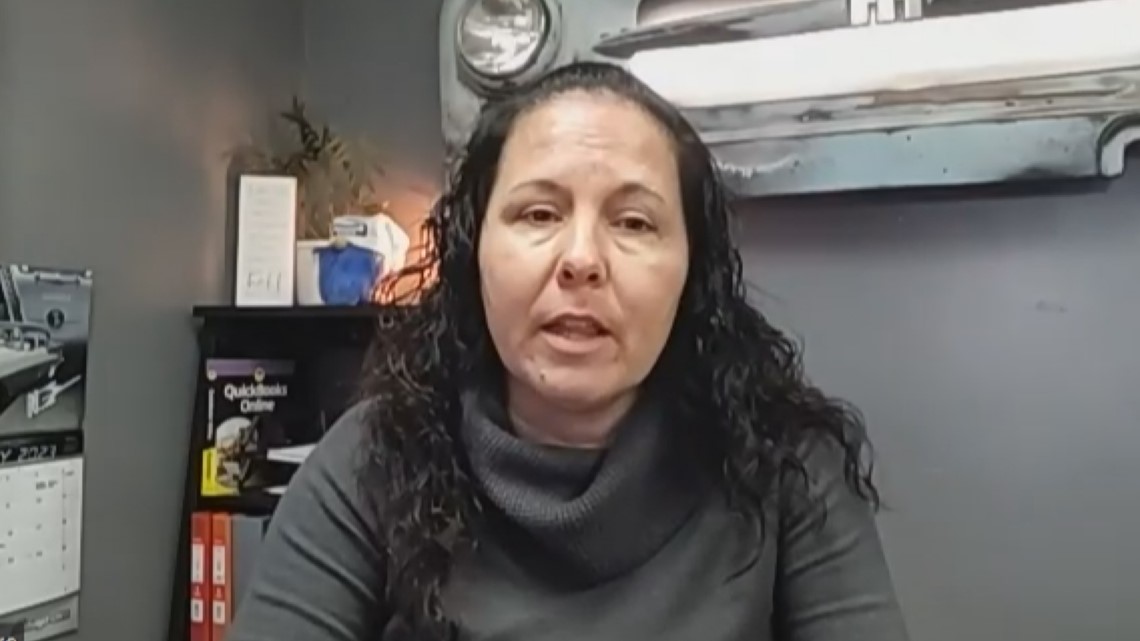
The Moscow murder case was also no stranger to true crime sleuths. One sleuth took to TikTok to accuse a University of Idaho professor of committing the murders. She was later sued for defamatory statements she made that potentially ruined the teacher's reputation.
Hosts of the famous true crime podcast My Favorite Murder, Karen Kilgariff and Georgia Hardstark, mentioned the Idaho murder case in their 355th episode, "Satanic Panic Attack."
The two podcasters said in the episode they knew about people posting ex-boyfriends' pictures online, slandering them with accusations.
"There's a lot of conjecture on social media... Please be careful when you have theories about actual people... People want answers immediately," they said.
John Mathias said that some people believe they're just enjoying themselves at a computer, but don't realize the impact of what they say.
"I think a lot of the sleuths out there want to put their blinders on," he said. "They're hurting through their comments and questions on the other side."
Curtiss also said she's noticed this phenomenon with the Michael Vaughan case.
"I think in some cases, people forget when they are on the internet, that there is a live family, a live mother and father and grandfather and grandmother sitting on the other end of what they are saying, and you're cutting them to their core when you're passing information," Curtiss said.
Criminologist and lecturer at Boise State University, Marc Ruffinengo, said that some sleuths tend to get frustrated at the small amount of information coming out about a case because of their lack of familiarity with the criminal justice system.

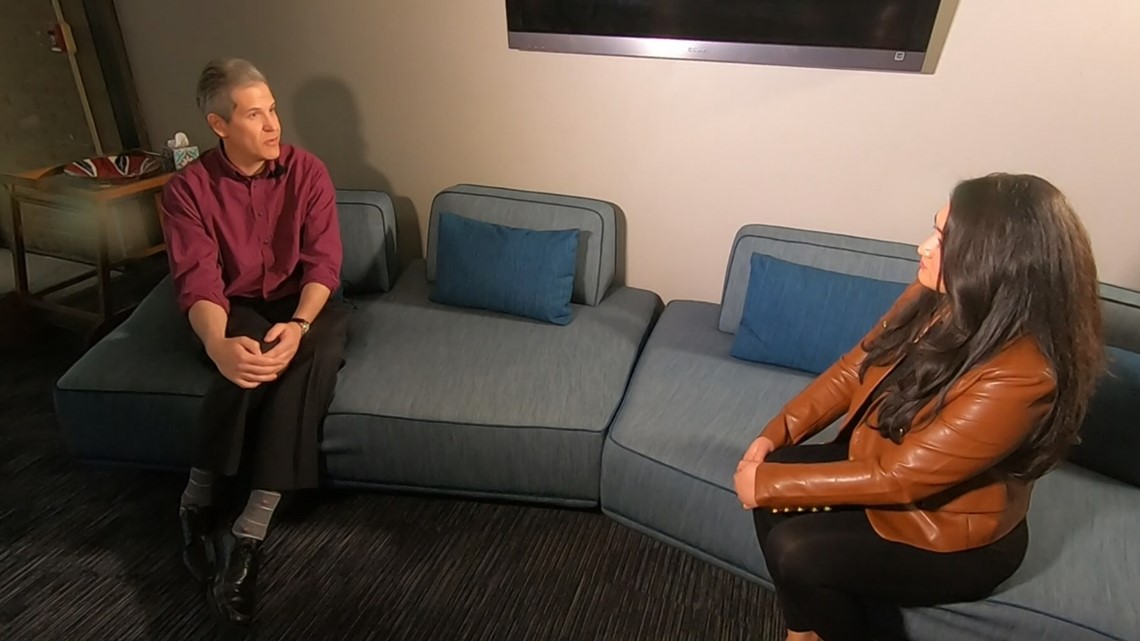
For example, before Bryan Kohberger, the University of Idaho murder suspect, was apprehended and charged with the crimes, one victim's family told the media they were frustrated with the lack of action and information by police.
Moscow Police would routinely send out press releases, but most of them did not contain new information. In news conferences, they continued to tell the media there were things they could not share out of concern for "compromising the investigation" and said they did not have any suspects.
Lo and behold, police had their eyes on Kohberger before the public was even aware of it -- later arresting him at his parents' home in Pennsylvania in the dead of night based off DNA evidence from discarded trash they found in the family garbage can. Police said the DNA they collected from a knife sheath at the Idaho scene matched the familial DNA from Kohberger's father.
"There are many good reasons for not putting all your cards out on the table on the first day of an investigation," Ruffinengo said.
Does true crime become unhealthy?

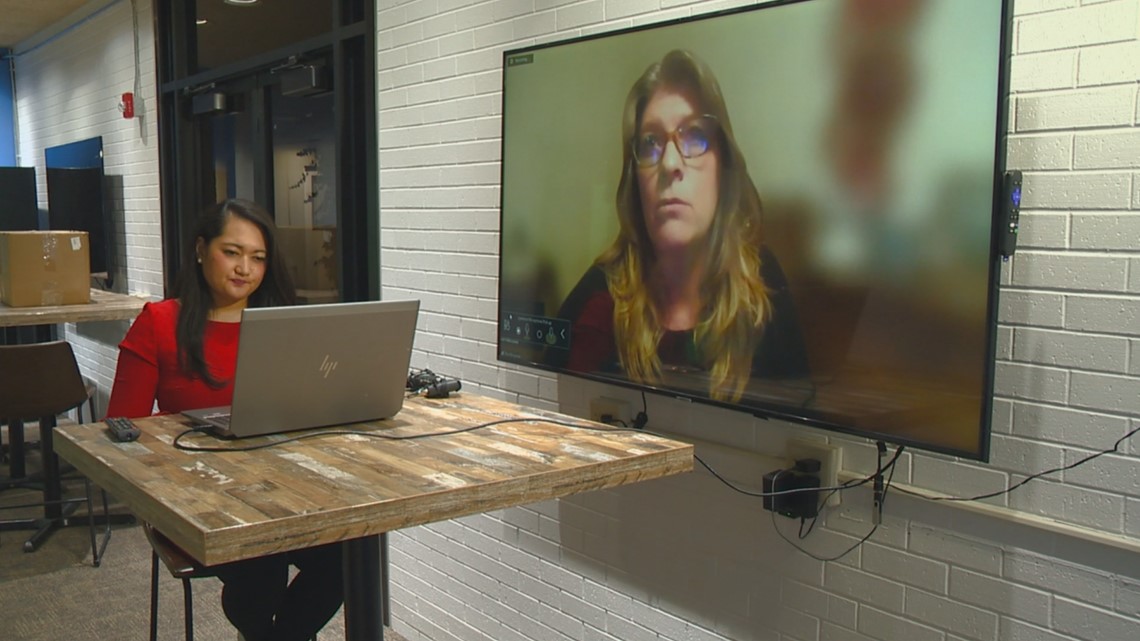
Skye Borgman said people are experiencing true crime documentaries like never before.
So what happens when sleuths try to involve themselves with solving a crime in real-time like they see on Netflix?
Dr. Craig Beaver said he's definitely seen patients before who have become so obsessed with true crime, it begins to impact their mental health -- leading to nightmares or certain compulsions about acting on information they receive or come across in a true crime case.
"I've seen that with some other people that have challenges sometimes
with their own boundaries... They start blurring them, and they lose themselves in some of the characters or the victims," Beaver said. If someone is struggling with that experience, it's best to get help and speak to someone, he added.
Richard Lettieri, a forensic neuropsychologist and psychoanalyst, wrote in Psychology Today in 2021, "All the research findings about motivations from watching media that showcase crime and murder seem to have a common denominator: all have something to do with a desire to stare into the nature of our human nature."
Ruffinengo said in popular crime shows like Law & Order, the suspect is always caught. In real life, the opposite can be true -- police don't always catch the "bad guy." Ruffinengo said there are a lot of crimes that go unsolved, and there are even more that are unknown to police. So, what people experience on popular TV shows can give them a false expectation on how crime investigations actually works.
"Anyone can have a YouTube channel, anyone can have a podcast," Ruffinengo said. That's why, he said, people should be careful about what they listen to.
Digital Investigative Reporter Alexandra Duggan contributed.
Watch more Local News:
See the latest news from around the Treasure Valley and the Gem State in our YouTube playlist:

